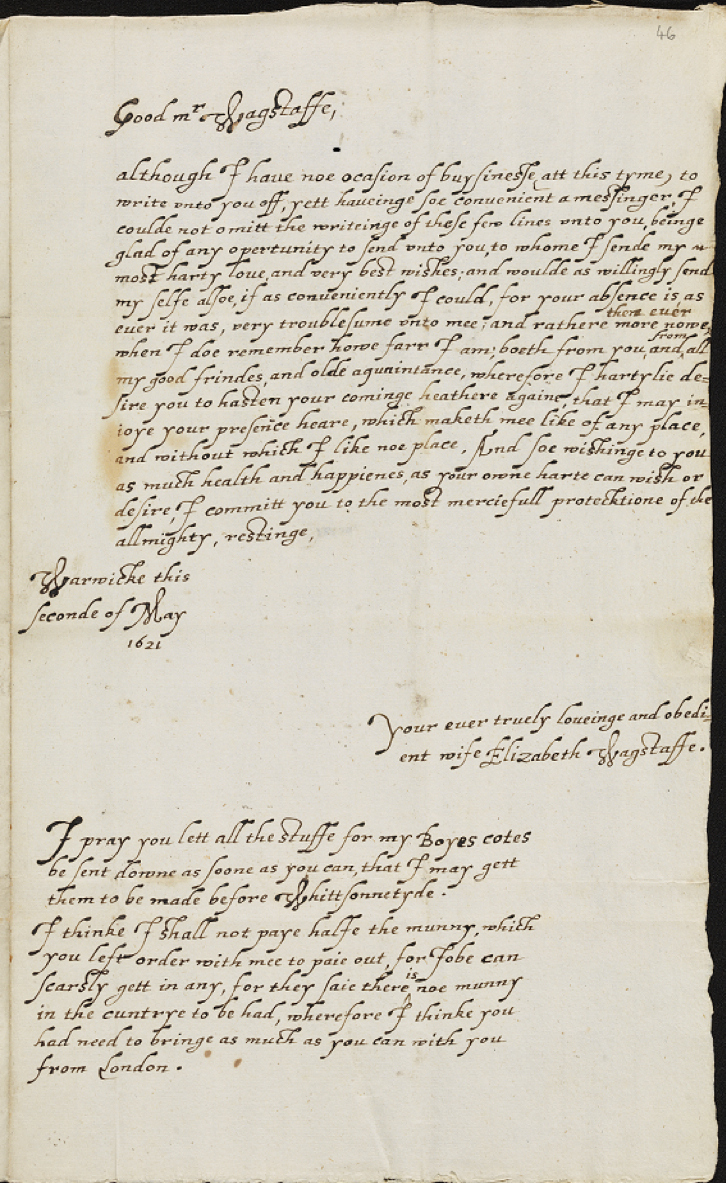The Centre for Digital Scholarship is delighted to host Zegami, an Oxford University Innovation spin-out company. We invite you to join us for a demonstration of their technology platform for data discovery, and for refreshments afterwards in the Weston Library’s Visiting Scholars’ Centre.
![]() What: Zegami: Bringing your image collections to life!
What: Zegami: Bringing your image collections to life!
Who: Samuel Conway and the Zegami team
When: 13.30—14.30, Wednesday 9 November 2016
Where: Centre for Digital Scholarship, Weston Library (map)
Access: all are welcome
Admission: free
Booking: registration is required

Samuel Conway writes:
The internet has provided the ultimate platform for museums, art galleries and libraries to showcase their collections to a global audience. The potential for millions of people to access, discover and enjoy treasured collections calls for a better way to capture, store and make image rich assets available. Providing a user experience that puts them at the heart of their interaction with the content in a way that is valuable to them, is a key measure of success.
Traditional search tools and data base user interfaces are both cumbersome and clumsy. Zegami is designed to enhance your current image database facility and provides the most intuitive image based visual search tool available.

But it does not stop there, Zegami is more than just an image management tool: its ability to easily search, sort, filter, group, tag and annotate large scale image collections at both the point of entry and viewer engagement stages, sets it apart. This provides the ideal platform for museums, art galleries and libraries to present their collections to ensure maximum holistic benefit.
Organisations including the Bodleian Libraries and several Oxford University research facilities are already benefiting from the use of the Zegami toolset to bring their collections to life.
Zegami has enabled us to make our trade cards available, in an exciting, cutting-edge way, to new communities: local and family historians, textile historians, etc. It is a far cry from searching a library catalogue and clicking on a thumbnail. We love the way it enables users to refine their results by so many parameters. To be able to search by street within a town, with geomapping is an exciting departure for us and the speed with which the results appear is staggering. I cannot recommend Zegami highly enough as a tool which doesn’t just deliver random images, but finds the very image the user wants in a dynamic way.
—Julie Anne Lambert, Librarian of the Johnson Johnson Collection
Here are some examples of how Zegami has been used by museums and libraries to showcase their collections:
- Ashmolean Museum painting collection
- Ashmolean Museum sculpture collection
- Bodleian Library trade card collection
- South Australian Museum of terrestrial invertebrates

We look forward to showing you the power of Zegami and how it will help everyone get more from your collections. You can test the software yourself, or call or email Samuel (+44 (0)7903 628 633, sconway@zegami.com) to find out more.
Access: If you have a University or Bodleian Reader’s card, you can get to the Centre for Digital Scholarship through the Mackerras Reading Room on the first floor of the Weston Library, around the gallery. If you do not have access to the Weston Library you are more than welcome to attend the talk: please contact Pip Willcox before the event (pip.willcox@bodleian.ox.ac.uk).


 What:
What: 

 What: Social and Cognitive Dimensions of the Lexicon
What: Social and Cognitive Dimensions of the Lexicon





 What: Museums and Mobile: beyond the touchscreen
What: Museums and Mobile: beyond the touchscreen